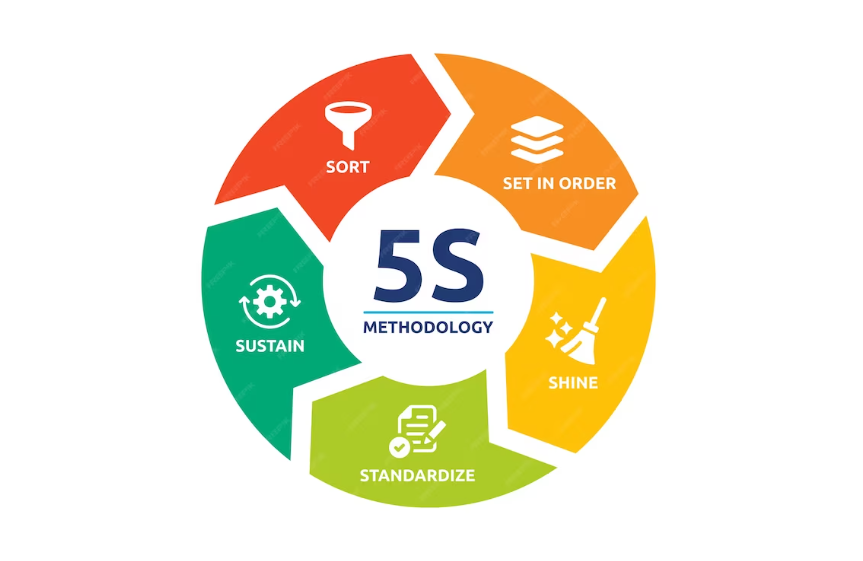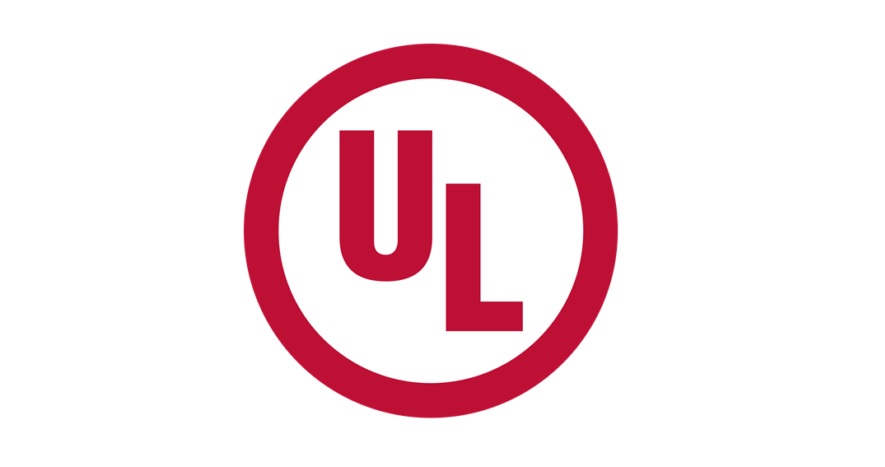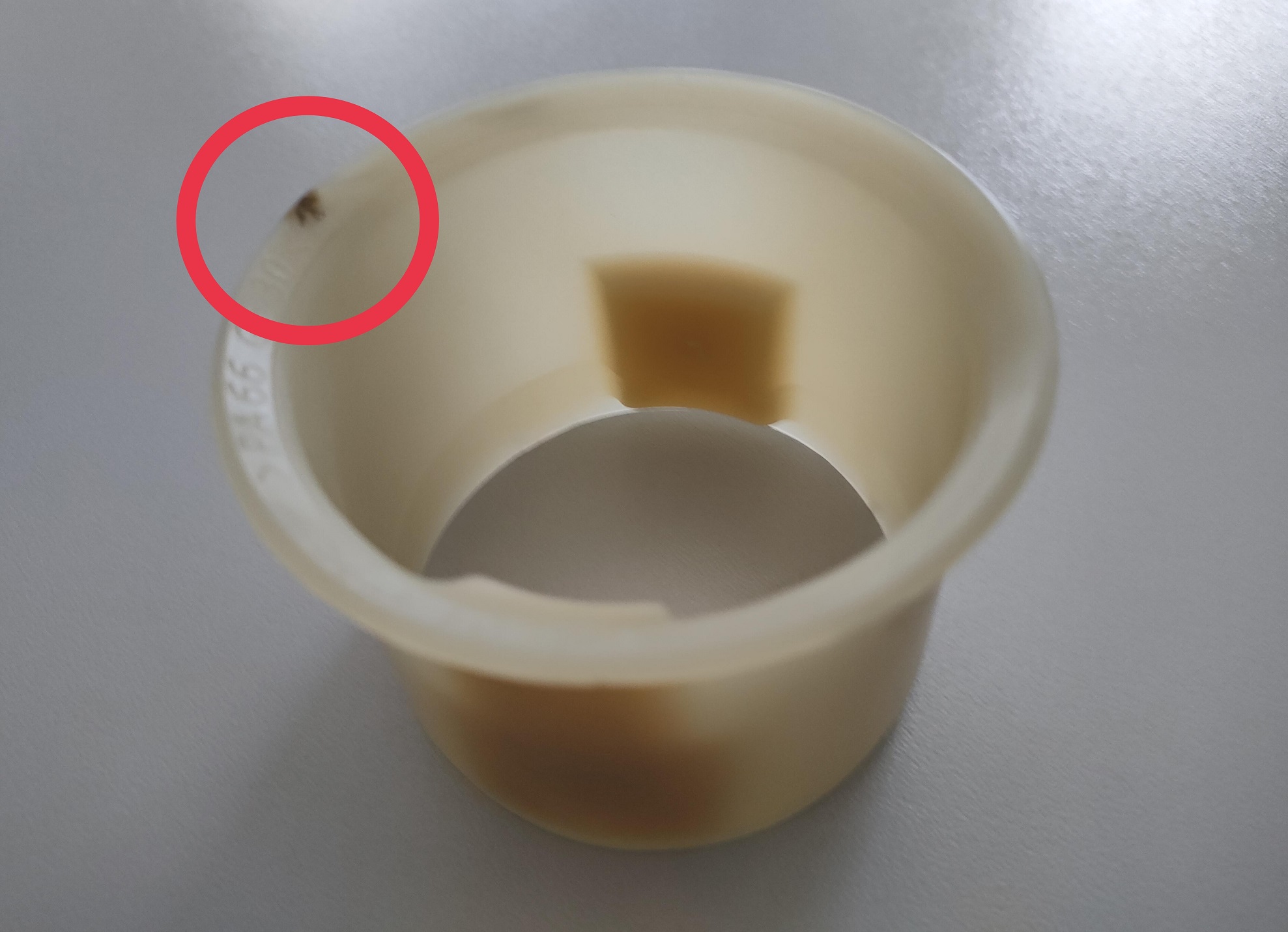Tolerances in parts of plastic injection molding
It is very important to have a correct tolerances in parts of plastic injection. Sometimes, demanding degrees of tolerances are applied without bearing in mind the particular properties of each thermoplastic, like flame retardant or hydrolysis resistant, for example, and according to shrinkage (it is not the same a polyamide with glass fiber or POM than polypropylene). In fact, the requirements of precision are less demanding than metals, to name a typical example. These tolerances cannot be applied to plastic parts.
the tolerances must be applied bearing in mind the process, of injection molding, adequate injection machine, raw material, tooling from moldmaker and required functionality of each piece in the final assembly, avoiding if it is possible the “fear tolerance” with elevated security coefficients. Therefore this situation generates extra costs and problems in the process due to more scrap based on non center process (gauss bell), despite of the plastic part could be adequate and functional. Ever is cheaper to solve deviation in the design phase than in production phase through process. A good combination of good design and optimum process during the adjustment phase to meet tolerances, is usually a synonym of successful project.
As we have talekd in other post about “considerations of design in plastic injection” there are several issues that it is necessary to know, like warpage, accumulation of mass, complex geometries due to possible movements in tooling, anysotropic properties, mainly in materials with glass fiber.
Standard DIN16742
The standard DIN 16742 is very common in this business with several tables about the information based on different tolerances group (TG1, TG2…), types of production and materials classified according to shrinkages ( <0,5%, entre 0,5 y 1%, 1-2%, y por encima del 2%) to obtain the recomendations about nominal tolerances in different measures to analyze the feasibility.
This norm has 4 levels of different productions:
- Normal production , production realised with general tolerances. Dimensional stability requirements that do not form any special quality focus.
- Accurate production, production and quality assurance are oriented to higher dimensional stability requirements.
- Precision production, full alignment of production and quality assurance to the very high dimensional stability requirements.
- Precision special production, as precision production, but with more intensive process monitoring.
If you have some project where is required a technical part in injection molding to collaborate together from our company located in Muel, Zaragoza (region of Aragon in Spain), we will be pleased to help you. Do not doubt to contact us.




